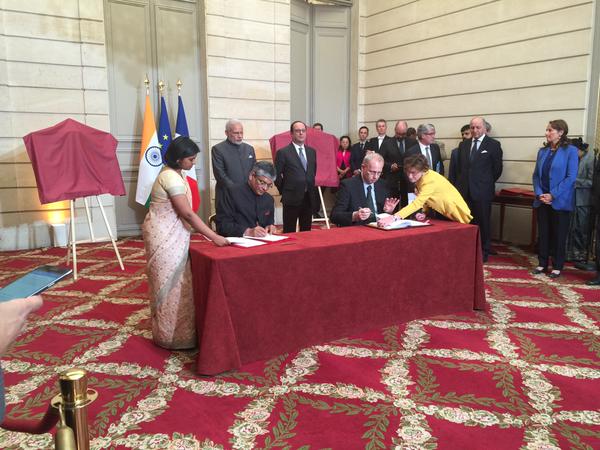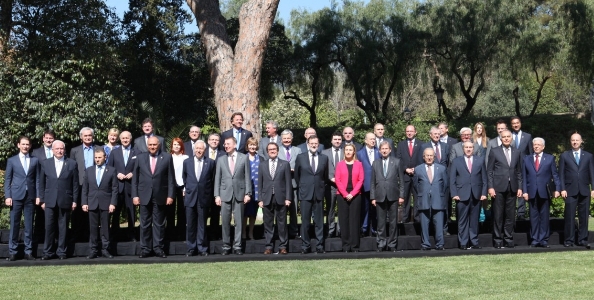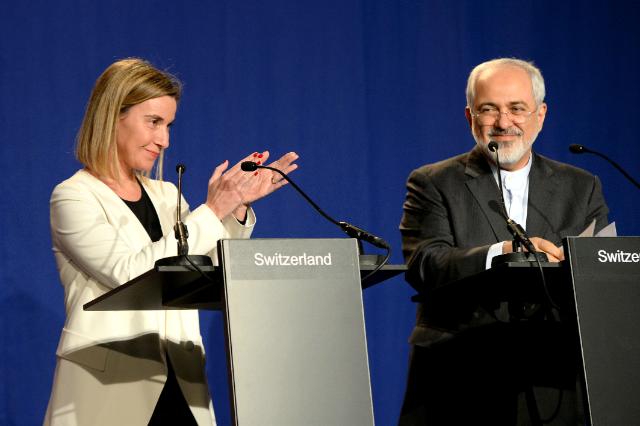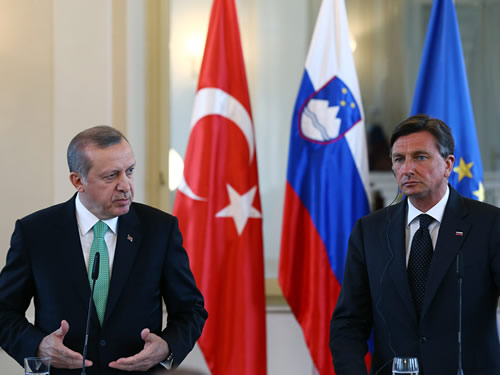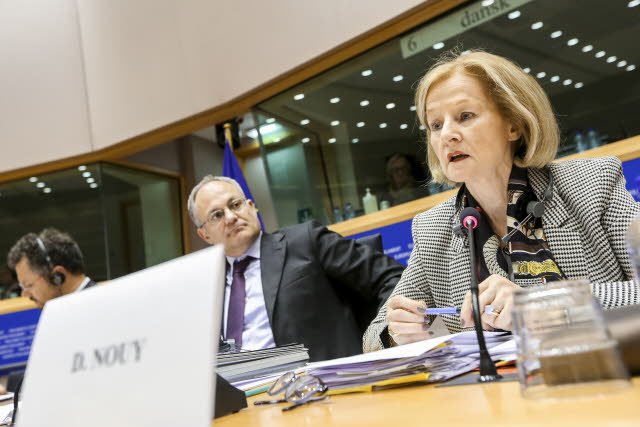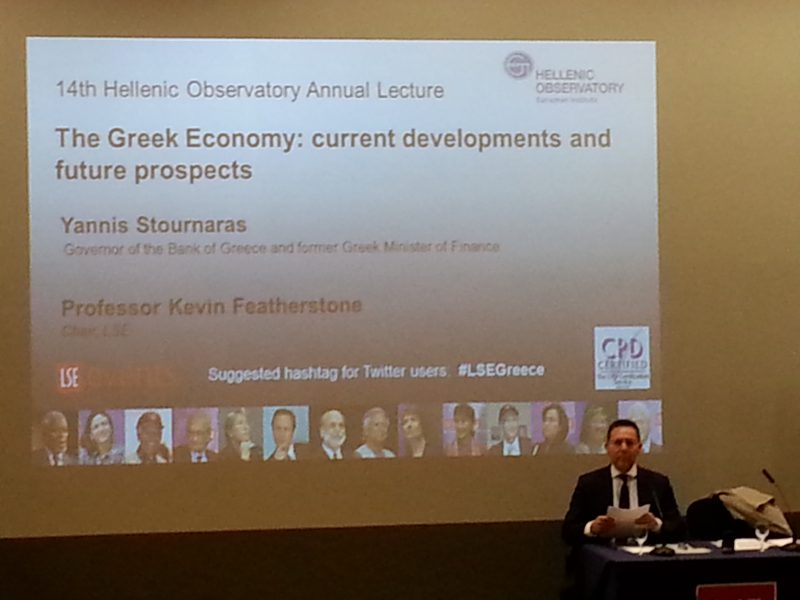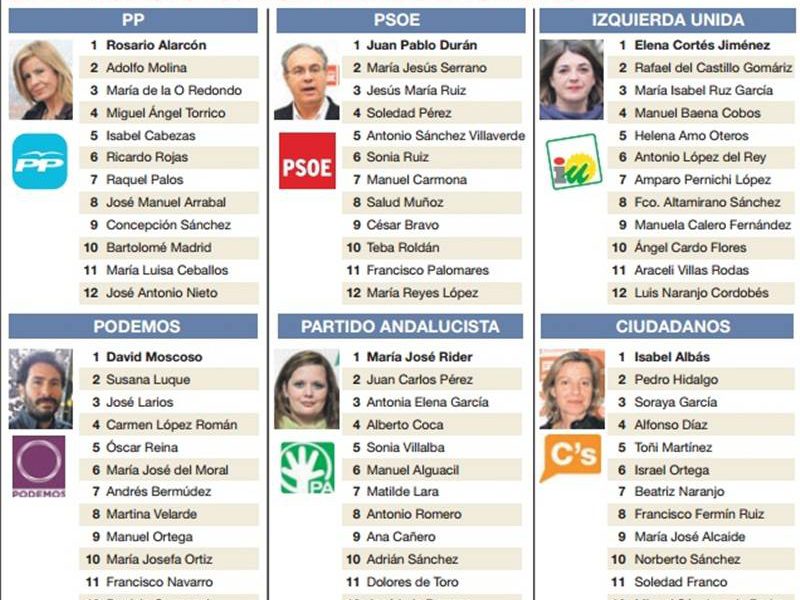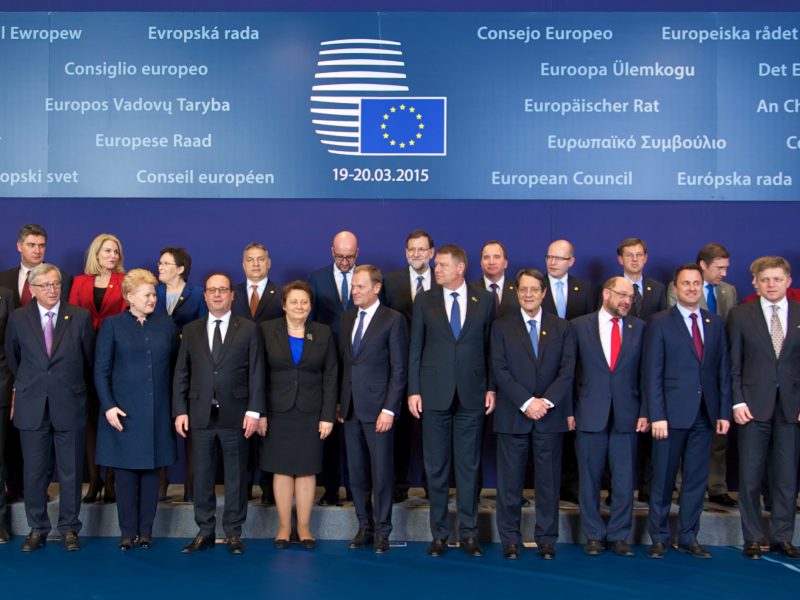“Make in India” Modi tells Europe
On his first official trip to Europe, Indian Prime Minister Narendra Modi visited France and Germany from 10 to 14 April. His charm offensive had a central economic rationale, promoting India as an attractive investment and technology transfer destination through his “Make in India” campaign. Interesting to note that Mr. Modi’s European purchases, especially of the Rafele jet fighters, means that developing and poor India is supporting developed France with an injection of hard-earned cash

